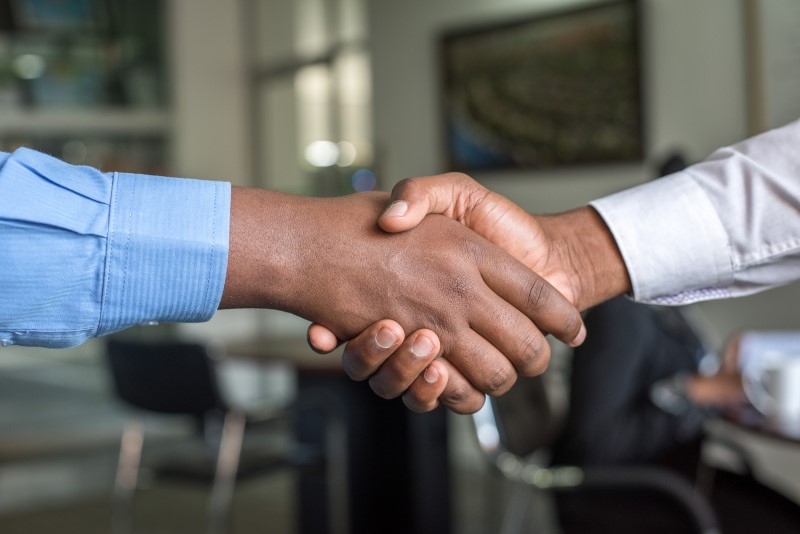The end of an interview can be a relief, especially if you’ve been feeling the pressure, but don’t switch off too soon. For as long as you’re in the room, or on the call, they can see you – and that means they’re making judgements of you.
Your departure must be as professional as your entire interview, and staying in control is important when it comes to leaving a positive impression.
DO:
- ASK QUESTIONS:
When the interview has started to draw to a close, it’s normal for the panel to ask if you “have any questions for us?”. Never, ever say “uh, no thanks, I think you’ve covered everything” – that just gives the impression you don’t care, that you have no ambition and generally no interest in the role. Make sure you have a couple of questions lined up (that show you’ve done your research and are interested in a specific challenge/strategy).
- USE YOUR LAST CHANCE:
If you feel there are any strengths they need to hear about that you haven’t had the chance to demonstrate yet, weave them in to these questions. “I have a real passion for customer insight, will this role give me an opportunity to help grow our customer base?” is a great question, for example, for an expanding business who need to grow their customer portfolio, and you’ve snuck in a strength you have that they need!
- BE ENTHUSIASTIC:
Take the opportunity to firmly plant yourself in the interviewer’s mind that YOU are the most passionate, excited person they’ve met for this role. A parting line of “thanks so much, I’m really excited about this opportunity, I hope I can meet with you again soon to talk about it further” will confidently give them the message that you expect to make it through to the next round of interviews, and they’ll subconsciously start to align their feelings with yours.
- CLARIFY NEXT STEPS:
You think it’s impolite to enquire about second or third round interviews, but they interpret this as “not bothered”. Ask when you can expect to hear about the next interview, and if there are any aspects of the job they’ll be expecting to discuss with you. That way you not only show you’re keen, but you get a little heads up on what to prepare.
- BE CONFIDENT TO THE END:
No waffly ending, or floppy and apologetic handshakes. Look them in the eye, give a firm handshake and a warm smile as you finish your farewell with a verbal FULL STOP.
- FOLLOW UP:
As soon as you get home, conduct a mini debrief on paper: write down who you met, what went well, what could’ve gone better. Any questions you can remember, and answers you gave. Then review those questions and use them to identify the broader problems the interviewer was testing you against to see how you will help solve them. Next, write an email to the interviewer thanking them for their time and reiterating your enthusiasm for the role, whilst at the same time demonstrating that you paid attention to what they said and how you can bring solutions to those problems.
DON’T:
- ASK ABOUT BENEFITS:
Of course holidays and salary are important considerations when it comes to accepting a job, but this isn’t the right setting for those questions. Why? Because an interview shouldn’t be about YOU, it should be about what you can do for THEM. Don’t make the mistake of going in to this meeting thinking about what you can get out of it – it’ll be obvious, and misunderstands the whole process.
- ASK HOW IT WENT:
Don’t ask your interviewer to appraise your performance on the spot! It’s uncomfortable for everyone. You can, of course, ask if you covered everything in enough detail or if they’d like you to clarify something further, but don’t be needy and ask for a review.
- HASSLE THEM:
A follow up email is great, but don’t make it too long. Likewise, a ‘phone call a week later shows commitment and interest… but repeated contact is unsettling and will put them off.
Interviewing well is a skill that can be learnt and improved. If you’d like to learn how to prepare fully and give a confident, passionate and brilliant interview, get in touch.

